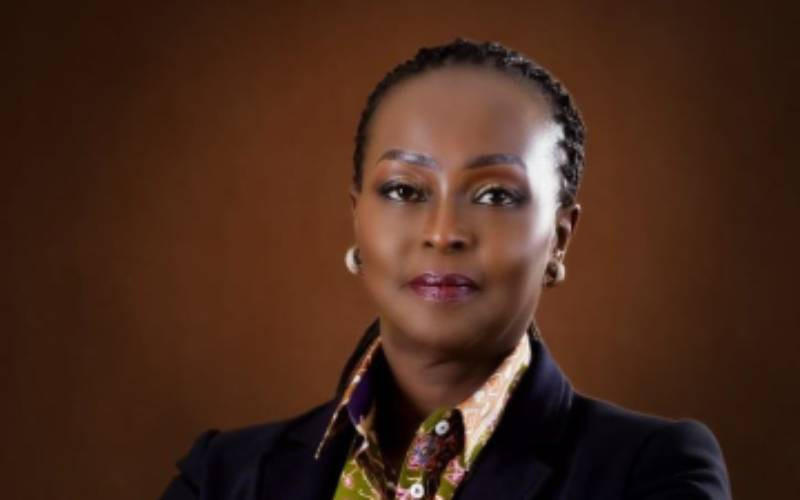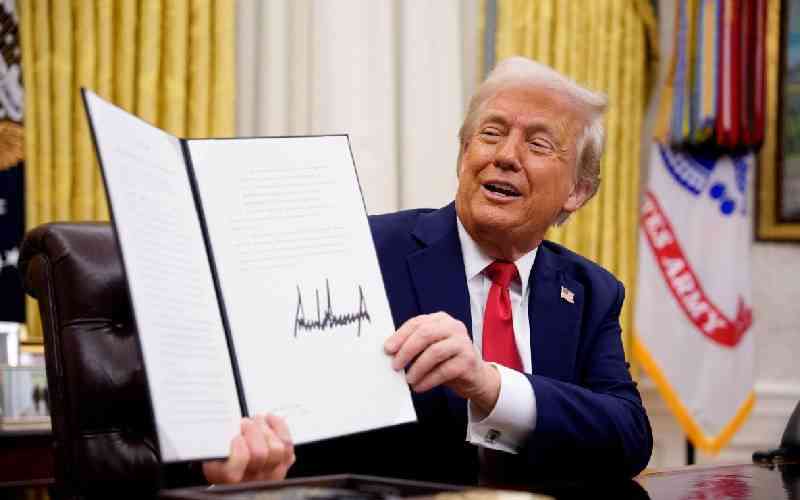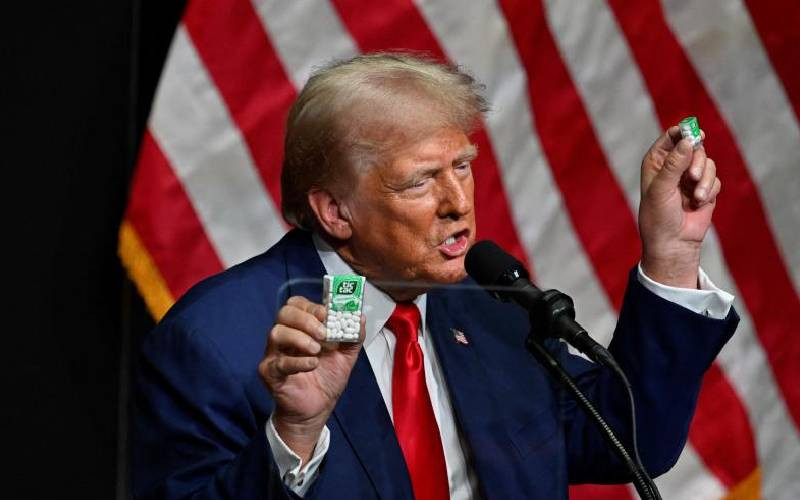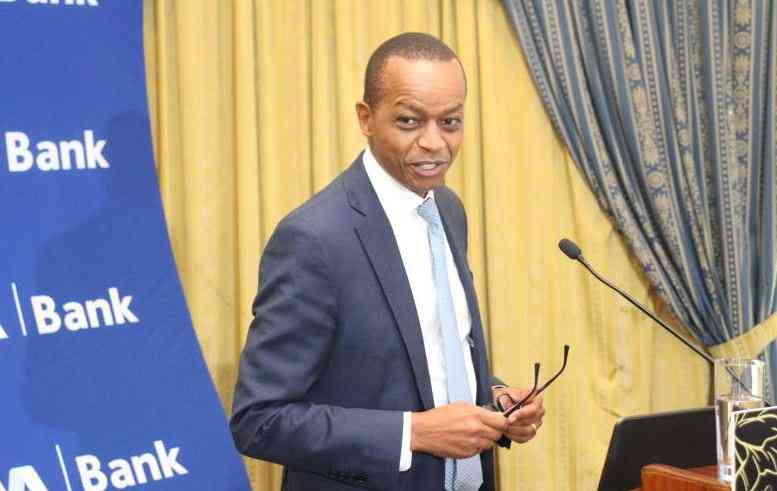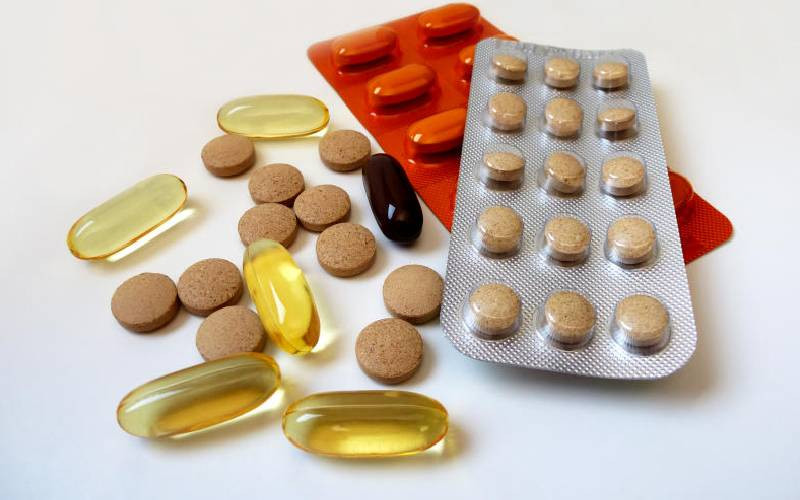
This year’s World Patient Safety Day’s theme is 'Improving diagnosis for patient safety - Get it right, make it safe'. While diagnosis is key to patient’s care and treatment, it’s imperative that we raise awareness on an issue of grave concern – counterfeit medicines and patient safety.
In today's interconnected world, the proliferation of counterfeit medicines poses a grave threat to patient safety. The production, distribution, and sale of counterfeit drugs not only undermine the integrity of the pharmaceutical industry but also jeopardise the health and well-being of countless individuals. It is imperative that we join forces to combat this illicit trade and protect patients from the potentially devastating consequences of counterfeit medicines.
Counterfeit medicines are not mere replicas of genuine products; they are often laced with harmful substances that can have severe adverse effects on patients. These substances may include dangerous allergens, heavy metals or other toxic compounds, leading to serious health complications and even death. Patients unknowingly consuming counterfeit drugs are exposed to a myriad of risks, ranging from serious adverse reactions to drug resistance and contamination.
A research recently revealed that a fifth of medicines in Africa could be substandard or fake, raising the alarm over a problem that is estimated to be contributing to 500,000 deaths a year in sub-Saharan Africa. Counterfeit medicines may also result in higher health care costs as patients may require additional treatment to deal with potential adverse effects of ineffective or damaging drugs.
Falsified medicines are manufactured under substandard conditions, lacking the necessary hygiene and quality controls. As a result, they may contain impurities or exceed microbial contamination limits, putting patients at risk of poisoning and infections. The absence of proper dosage guidelines, side effect information, and contraindications further compound the dangers associated with counterfeit medicines. Patients may unknowingly misuse these drugs, leading to incorrect usage, potential drug interactions, and inadequate monitoring of their health.
Counterfeit antibiotics and antimalarial drugs contribute to the development of drug-resistant strains of microbes. In mid August, the African Union and the Africa CDC launched the Landmark Report on Antimicrobial Resistance (AMR) that revealed AMR as a leading cause of death in Africa, surpassing fatalities from malaria, TB and HIV.
This alarming consequence not only hampers the effectiveness of treatment but also poses a significant public health threat. Patients who rely on counterfeit medicines may find themselves in a vicious cycle of ineffective management of their medical conditions, exacerbating their health issues.
To ensure patient safety and protect public health, it is crucial that we take decisive action against counterfeit medicines. Collaboration between regulatory agencies, pharmaceutical industry stakeholders, and the public is essential in curbing this illicit trade.
Mr Mokoro is chairperson of Kenya Association of Pharmaceutical Industry and Regulatory Affairs Manager at Reckitt Benckiser
 The Standard Group Plc is a multi-media organization with investments in media
platforms spanning newspaper print operations, television, radio broadcasting,
digital and online services. The Standard Group is recognized as a leading
multi-media house in Kenya with a key influence in matters of national and
international interest.
The Standard Group Plc is a multi-media organization with investments in media
platforms spanning newspaper print operations, television, radio broadcasting,
digital and online services. The Standard Group is recognized as a leading
multi-media house in Kenya with a key influence in matters of national and
international interest.
 The Standard Group Plc is a multi-media organization with investments in media
platforms spanning newspaper print operations, television, radio broadcasting,
digital and online services. The Standard Group is recognized as a leading
multi-media house in Kenya with a key influence in matters of national and
international interest.
The Standard Group Plc is a multi-media organization with investments in media
platforms spanning newspaper print operations, television, radio broadcasting,
digital and online services. The Standard Group is recognized as a leading
multi-media house in Kenya with a key influence in matters of national and
international interest.



